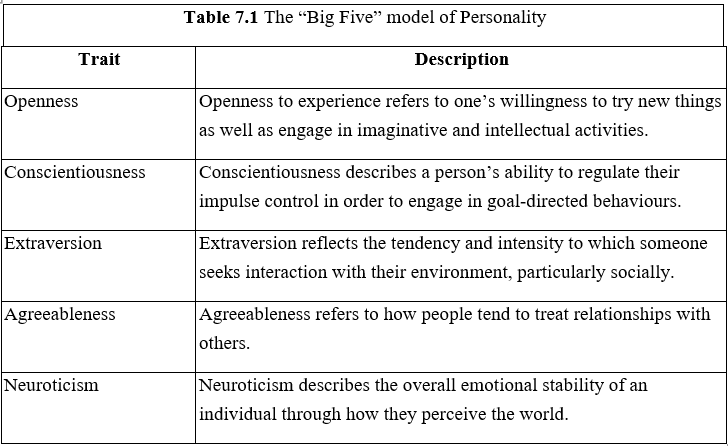Personality development is the need for everyone because in today's competitive age it becomes the matter of survival. As you think a child require a training to learn computer skills, communication skills, etc. Same in personality development you need a training to develop the professional traits.
A training of personality development helps to get positive thoughts, confidence, behavioural traits, etc. A strong personality always boosts your confidence. Knowing the right things or words to speak always reflect your gesture. If you are full confidence and leading the situation, then it will become easy for you. Confidence gives you a power to control your thoughts, and how to speak fearless, also it leads to a hassle-free conversation when you are going to a speech in any event. Personality development helps a person to understand yourself better than before.
Improving and widening the knowledge base of a person improves his / her personality. Improving skills and expanding your knowledge can also give you a chance to develop your personality. Personality development improves your chances of success because you have the right mindset to achieve your goal. Your overall skill-set such as- communication skills, management skills, behavioural skills, presentation skills, etc. are also improved with your personality development. Personality development gives the power to tackle with the difficult situation. It always encourages you to take the brighter side of the life.
Personality encompasses a person’s relatively stable feelings, thoughts, and behavioural patterns. Each of us have a unique personality that differentiates us from other people, and understanding someone’s personality gives us clues about how that person is likely to act and feel in a variety of situations. To manage effectively, it is helpful to understand the personalities of different employees. Having this knowledge is also useful for placing people into jobs and organizations.
If personality is stable, does this mean that it does not change? You probably remember how you have changed and evolved as a result of your own life experiences, parenting style and attention you have received in early childhood, successes and failures you experienced over the course of your life, and other life events. In fact, personality does change over long periods of time. Moreover, even in childhood, our personality matters, and it has lasting consequences for us. For example, studies show that part of our career success and job satisfaction later in life can be explained by our childhood personality.
Is our behaviour in organizations dependent on our personality? To some extent, yes, and to some extent, no. While we will discuss the effects of personality for employee behaviour, you must remember that the relationships we describe are modest correlations. For example, having a sociable and outgoing personality may encourage people to seek friends and prefer social situations. This does not mean that their personality will immediately affect their work behaviour. At work, we have a job to do and a role to perform. Therefore, our behaviour may be more strongly affected by what is expected of us, as opposed to how we want to behave. Especially in jobs that involve a lot of autonomy, or freedom, personality tends to exert a strong influence on work behaviour.
The “Big Five” model of personality-
The “Big Five” is the most widely accepted theory of personality. Each of the Big Five personality traits represents extremely broad categories which cover many personality-related terms. Each trait encompasses a multitude of other facets. When researchers analysed the traits describing personality characteristics, they realized that many different words were actually pointing to a single dimension of personality. When these words were grouped, five dimensions seemed to emerge, and these explain much of the variation in our personalities. The Big Five model of personality resulted from the contributions of many independent researchers. The “Big Five” personality traits are-



Note- This model is explained in detail in Unit 8 of this book.